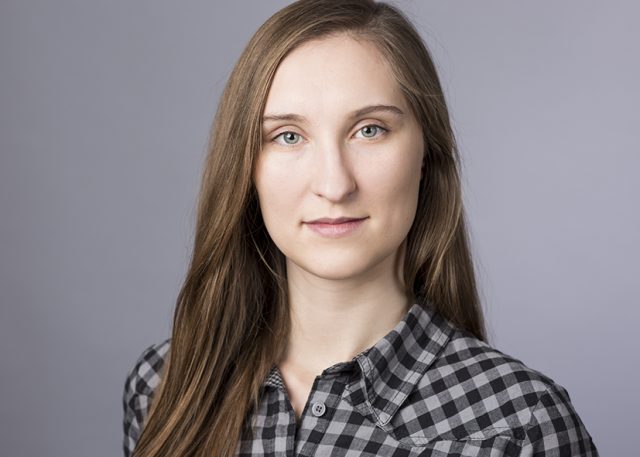The geometry of neural networks
We are happy to present Kathlén Kohn, assistant professor in Mathematics of Data and AI at KTH Royal Institute of Technology since September 2019. Her areas of expertise are algebraic, differential, and tropical geometry as well as invariant theory. She also has an educational background in computer science and works in AI-related areas such as computer vision.
Date and time: 14 January 2021, 12pm – 1 pm
Speaker: Kathlén Kohn
Title: The geometry of neural networks
Zoom: https://kth-se.zoom.us/j/67432682790?pwd=dVgzbjRSbUVFT2FOYTByYlZrTU9BUT09
Meeting ID: 674 3268 2790
Password: DF2020
Watch the recorded presentation:
 Abstract: A fundamental goal in the theory of deep learning is to explain why the optimization of the loss function of a neural network does not seem to be affected by the presence of non-global local minima. Even in the case of linear networks, most of the existing literature paints a purely analytical picture of the loss, and provides no explanation as to *why* such architectures exhibit no bad local minima. We explain the intrinsic geometric reasons for this behavior of linear networks.
Abstract: A fundamental goal in the theory of deep learning is to explain why the optimization of the loss function of a neural network does not seem to be affected by the presence of non-global local minima. Even in the case of linear networks, most of the existing literature paints a purely analytical picture of the loss, and provides no explanation as to *why* such architectures exhibit no bad local minima. We explain the intrinsic geometric reasons for this behavior of linear networks.
For neural networks in general, we discuss the neuromanifold, i.e., the space of functions parameterized by a network with a fixed architecture. For instance, the neuromanifold of a linear fully-connected network is a determinantal variety, a classical object of study in algebraic geometry. We compare this with linear convolutional networks whose neuromanifolds are semi-algebraic sets whose boundaries are contained in discriminant loci.
This talk is based on joint work with Matthew Trager and Joan Bruna, as well as on ongoing work with Thomas Merkh, Guido Montúfar and Matthew Trager.
Bio: Kathlén Kohn is an assistant professor in Mathematics of Data and AI at KTH Royal Institute of Technology since September 2019. She obtained her PhD from the Technical University of Berlin in 2018. Afterwards she was a postdoctoral researcher at the Institute for Computational and Experimental Research in Mathematics (ICERM) at Brown University and at the University of Oslo. Kathlén’s goal is to understand the intrinsic geometric structures behind machine learning and AI systems in general and to provide a rigorous and well-understood theory explaining them. Her areas of expertise are algebraic, differential, and tropical geometry as well as invariant theory. She also has an educational background in computer science and works in AI-related areas such as computer vision.
Kathlén believes in the importance of the interaction between different scientific fields. She enjoys collaborating with scientists within and outside of mathematics to tackle applied problems and to discover interesting questions for pure mathematics motivated by applications. At the IEEE International Conference on Computer Vision (ICCV) 2019 her joint work with computer vision expert Tomas Pajdla (CTU Prague) and the numerical algebraic geometers Anton Leykin and Timothy Duff (both at Georgia Tech) received the Best Student Paper Award. The best papers including the Best Student Paper Award were selected by the Award Committee as the top 4 papers from all 4303 submissions.
To subscribe to Digital Futures seminar invitations, click here


